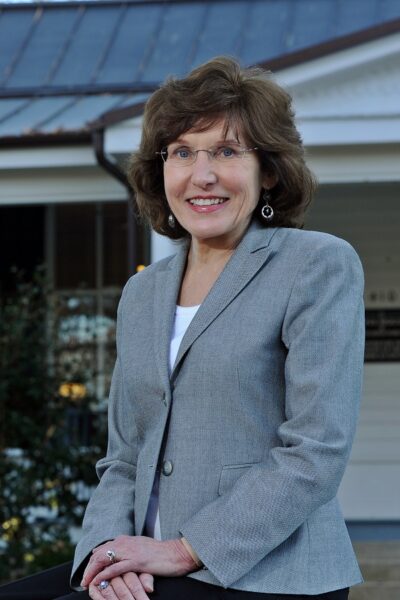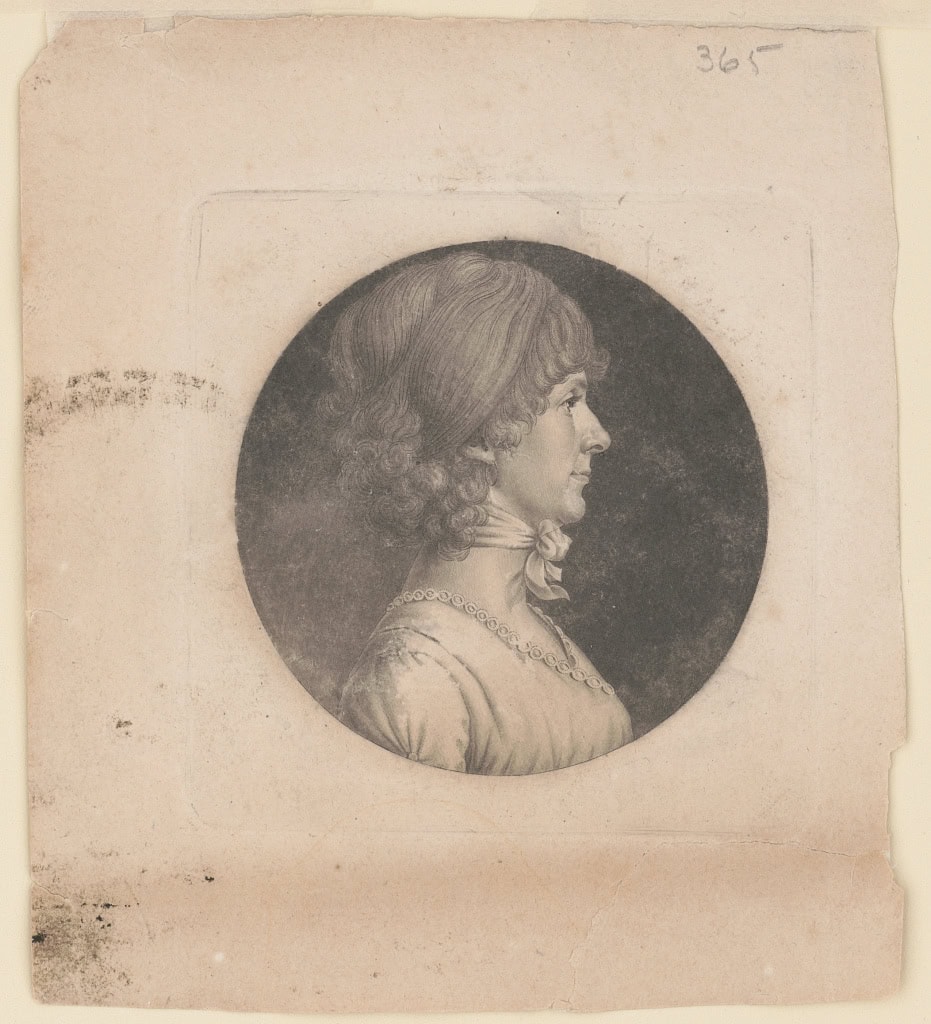 Jacquelyn Dowd Hall is Julia Cherry Spruill Professor Emerita of History at the University of North Carolina at Chapel Hill. She lives in Chapel Hill, North Carolina, and has been a member since 1986.
Jacquelyn Dowd Hall is Julia Cherry Spruill Professor Emerita of History at the University of North Carolina at Chapel Hill. She lives in Chapel Hill, North Carolina, and has been a member since 1986.
Website: https://sistersandrebels.com
Alma maters: BA, Rhodes College, 1965; PhD, Columbia University, 1974
Fields of interest: US women, the South, labor, oral history
Describe your career path. What led you to where you are today? After taking my qualifying exams at Columbia in 1970, I got married, threw my meager belongings in the back of our truck, and moved to Atlanta with my then-husband. I knew I wanted to do women’s history, which was just emerging as a thrilling and embattled new field. But mostly our goal was to go back to the South and join forces with the young activists who were trying to remake the region. I got a job as a research assistant at the Southern Regional Council, a venerable civil rights organization. There I stumbled on the papers that became the basis for my dissertation and first book, Revolt Against Chivalry: Jessie Daniel America and the Women’s Campaign Against Lynching (1979). At the same time, I was working with friends to interview the southern radicals of the 1930s and 1940s, which we saw as a means of providing our own generation of Southerners with a useable past.
In 1973, I lucked into a job at UNC-Chapel Hill as a faculty member in the history department and the founding director of the Southern Oral History Program. My second book, Like a Family: The Making of a Southern Cotton Mill World (1987), which I co-authored with five graduate students, all now accomplished scholars, grew out of a crazily ambitious project on the South’s industrial revolution. That foray into the new working-class history, which was just beginning to penetrate the South, was a turning point for me and the program I was struggling to keep afloat.
Oral history also inspired my presidential address to the Organization of American Historians, which was published as “The Long Civil Rights Movement and the Political Uses of the Past” in 2005. A course on school desegregation in Chapel Hill got me thinking about the problems with the popular narrative of a short, successful, southern civil rights movement. Interviewing local people and plunging into new studies of civil rights struggles and the resistance to them made me see the movement I had lived through in a more expansive light.
All of these themes—southern radicalism, feminist antiracism, civil rights, labor, the ordeal of change in the American South—are at play in Sisters and Rebels: A Struggle for the Soul of America (May 2019). That book grew out of interviews I did in the mid-1970s, when I was just starting out. It offers an against-the-grain narrative of mid-20th-century American history told through the stories of three white southern sisters and their circles of allies, lovers, and friends. Elizabeth Lumpkin, the eldest, embraced her upbringing in the culture of white supremacy and the cult of the Lost Cause, while Katharine and Grace were expatriates who tried to break free. In tracing their sorrows and often unsung victories, I weigh the power of historical memory both to perpetuate unjust social orders and to expose them to critical scrutiny. I also join in the recovery of a tradition of left feminism forged by black and white resistance to Jim Crow. McCarthyism deflected that progressive impulse. Yet my experience as a student of the region and a participant in North Carolina’s current political battles tells me that it lives on, speaking urgently to our own times.
What do you like the most about where you live and work? I like living in a battleground state where every vote and action counts. The political challenges are daunting, but the victories are sweet.
What’s the most fascinating thing you’ve ever found at the archives or while doing research? At the moment I am marveling at how interviews I did with the Lumpkin sisters in the mid-1970s became increasingly revelatory as I circled away from them into written record and then circled back again.
Is there an article, book, movie, blog etc. that you could recommend to fellow AHA members? The Wife, for its portrayal of marriage, celebrity, and the writing life.
What do you value most about the history discipline? How it captures the pull of political and economic forces on the most intimate aspects of personal lives while also recognizing the society-shaping consequences of individual acts of solidarity, resistance, and critical thinking.
Why is membership in the AHA important to you? It keeps me connected to a dispersed but sustaining scholarly community.
AHA members are involved in all fields of history, with wide-ranging specializations, interests, and areas of employment. To recognize our talented and eclectic membership, Perspectives Dailyfeatures a regular AHA Member Spotlight series.
This work is licensed under a Creative Commons Attribution-NonCommercial-NoDerivatives 4.0 International License. Attribution must provide author name, article title, Perspectives on History, date of publication, and a link to this page. This license applies only to the article, not to text or images used here by permission.



